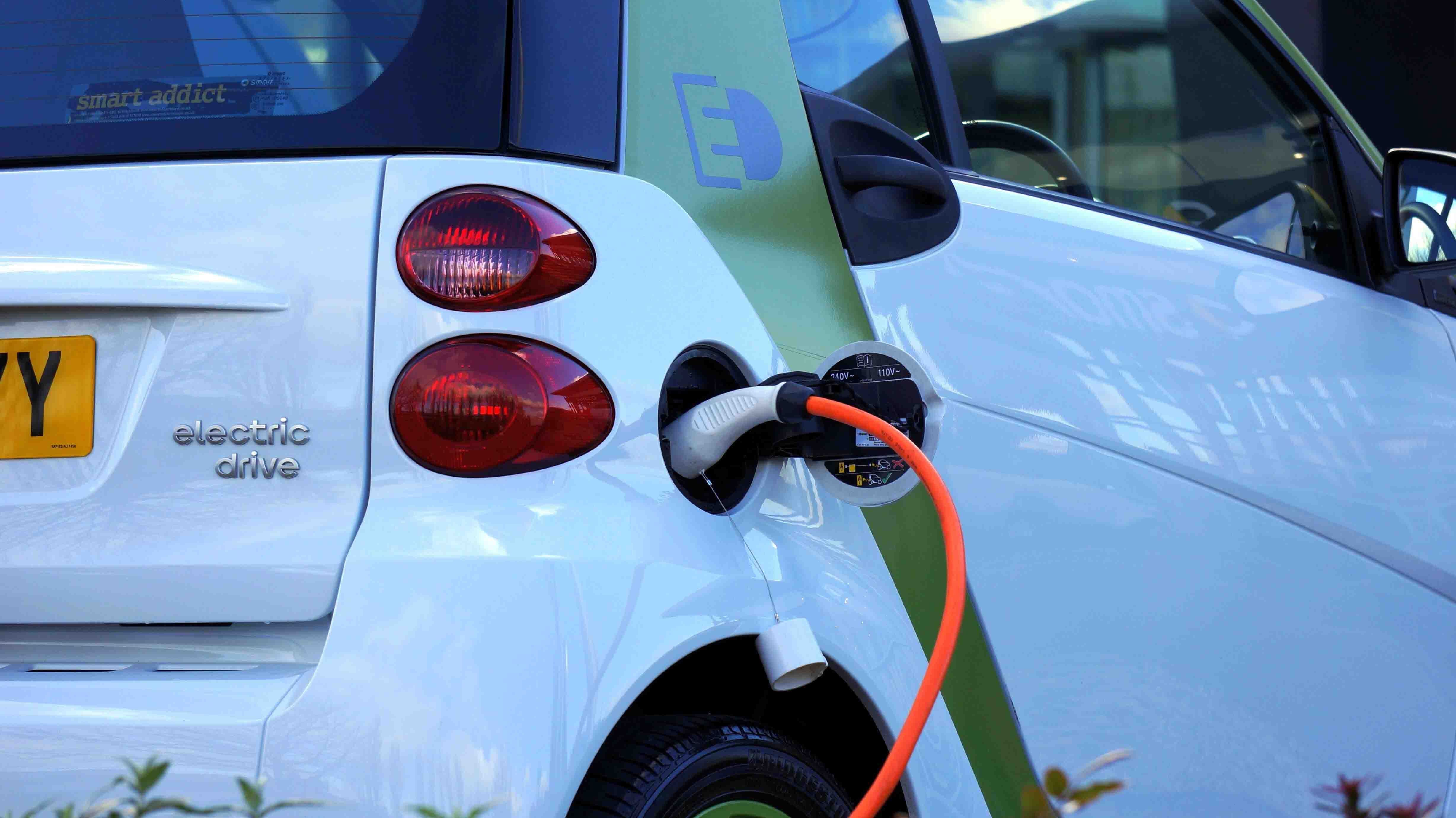Shanghai (Gasgoo)- On September 24, XPENG signed a cooperation agreement with Alibaba Cloud at the Apsara Conference to jointly develop post-quantum security technologies, according to a post on XPENG's WeChat account. Under the deal, Alibaba Cloud will serve as XPENG's partner in advancing next-generation security algorithms.
The two companies will build their collaboration around post-quantum security algorithms, conducting joint research and expanding applications for automotive use. Their goal is to provide safer and more reliable digital services for vehicle users.
XPENG has already deployed the technology in its all-new P7 sedan, making it one of the first automakers to integrate post-quantum security into production vehicles.
Post-quantum cryptography is designed to withstand the threats posed by quantum computing, which is expected to render current encryption methods obsolete within the next decade. By relying on mathematically complex problems—such as lattice-based learning with errors (LWE) and hash-based signatures—that remain resistant to quantum attacks, this new form of encryption offers a safeguard against the looming risks. As quantum computing makes rapid strides globally, the automotive industry faces growing pressure to preemptively secure sensitive systems.
Technology giants and telecom operators worldwide are already moving to implement post-quantum security. Alibaba Cloud, for its part, is upgrading its infrastructure and cryptographic modules with post-quantum capabilities, while also introducing products such as the world's first cloud-based post-quantum cryptographic machine. These initiatives are part of the company's broader push to accelerate the arrival of the post-quantum security era.
In the automotive sector, nearly every digital interaction—whether it is user authentication, voice commands, smart cockpit functions, or data exchanges between the vehicle, the cloud, and roadside infrastructure—relies on encryption. By adopting post-quantum encryption early, automakers can protect vehicles against the potential threats that future quantum computers may pose.
For automakers, the advantages are significant. Vehicles typically remain in service much longer than consumer electronics, so adopting post-quantum security ensures long-term protection against emerging threats. The technology also enables "zero-trust" authentication and seamless privacy safeguards, with features such as quantum key distribution (QKD) providing high-level verification without user intervention. This helps prevent exposure of sensitive information such as location or identity while strengthening the security of vehicle-to-cloud and vehicle-to-infrastructure communications.
The system also offers end-to-end protection for sensitive data, including driving routes, biometric information, and voice commands. These data streams are encrypted during transmission and storage, making them far less vulnerable to interception or manipulation by hackers.
With the rollout in the all-new P7, XPENG has effectively become a pioneer in bringing post-quantum encryption to vehicles. When users interact with the XPENG app or connect their cars to cloud services, the system automatically deploys post-quantum encryption in the background, protecting communications without requiring any user input.
These features will be fully activated in October with the release of a new version of the XPENG app. Over time, the company plans to integrate post-quantum encryption across its entire lineup, covering functions such as digital keys, remote controls, OTA updates, smart cockpits, and AI-assisted driving.
Looking ahead, XPENG and Alibaba Cloud intend to expand their collaboration beyond cars, extending post-quantum encryption into fields such as artificial intelligence, V2X communications, semiconductors, robotics, and even flying vehicles.



